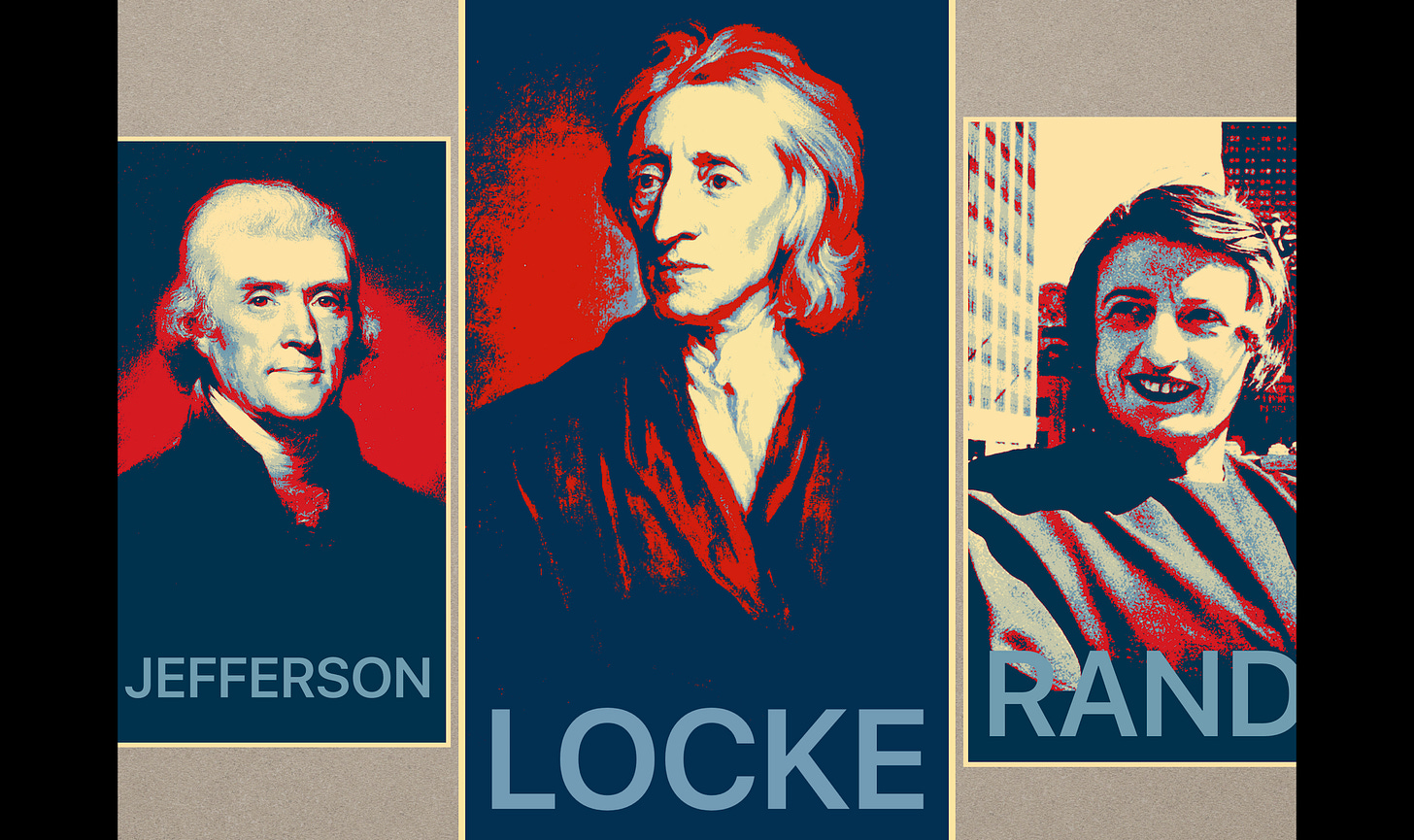Some have said that the history of the Western world is a battle between the ideas of Plato and those of Aristotle, between the otherworldly and the this-worldly, between the mystical and the rational.1 The Enlightenment was an age when the Aristotelian approach of observation and logic generally prevailed, when a great many thinkers—for the first time s…
Substack is the home for great culture



